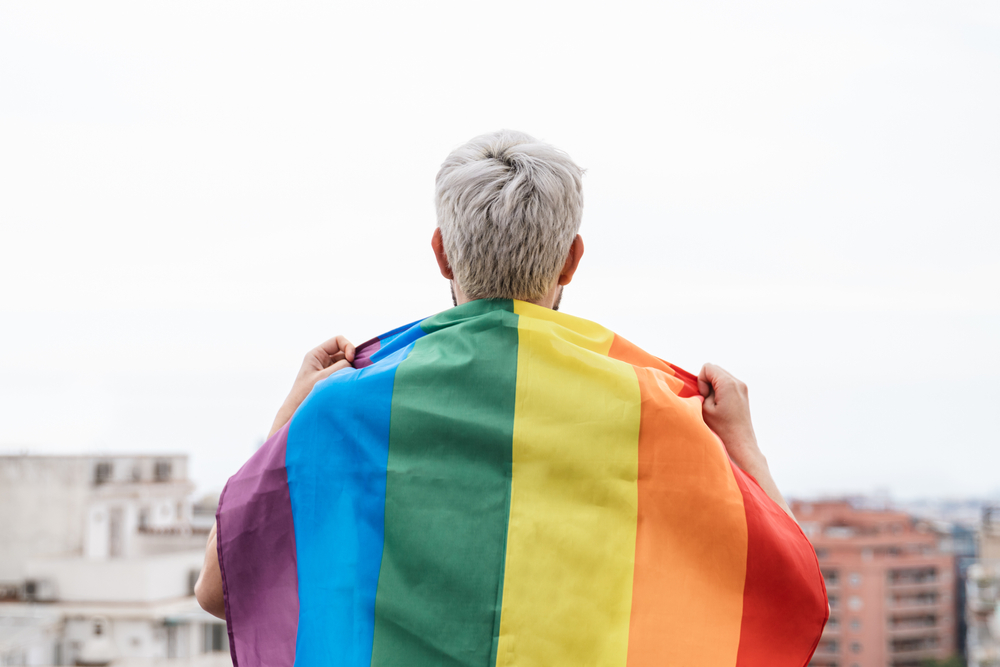
Embracing Our Rainbow Years: How Aging Life Care Managers Support the LGBTQ+ Community
As we celebrate Pride Month, it's important to recognize the unique challenges faced by LGBTQ+ individuals as they navigate aging. Sadly, many LGBTQ+ elders face discrimination, social isolation, and barriers to accessing culturally competent care. That's where Aging...

Creating a Safe Home for Your Senior Parent
As our parents age, we want them to be able to remain independent and live comfortably in their own homes. However, home safety for seniors takes center stage, and their homes may require modifications and safety upgrades to prevent falls and injuries. As Aging Life...

Need a Healthcare Advocate in Your Corner?
Navigating complex healthcare systems grows increasingly difficult every day — overall, our healthcare system is broken and staffing is a constant problem. Many older adults feel overwhelmed by doctor's appointments, insurance paperwork, managing medication, and...

Why You May Need an Aging Life Care Manager At Any Age
Getting older comes with unique challenges – from health issues to financial planning to simply needing help with daily activities. An Aging Life Care Professional, previously known as Geriatric Care Managers, can make all the difference. As Certified Care Managers...
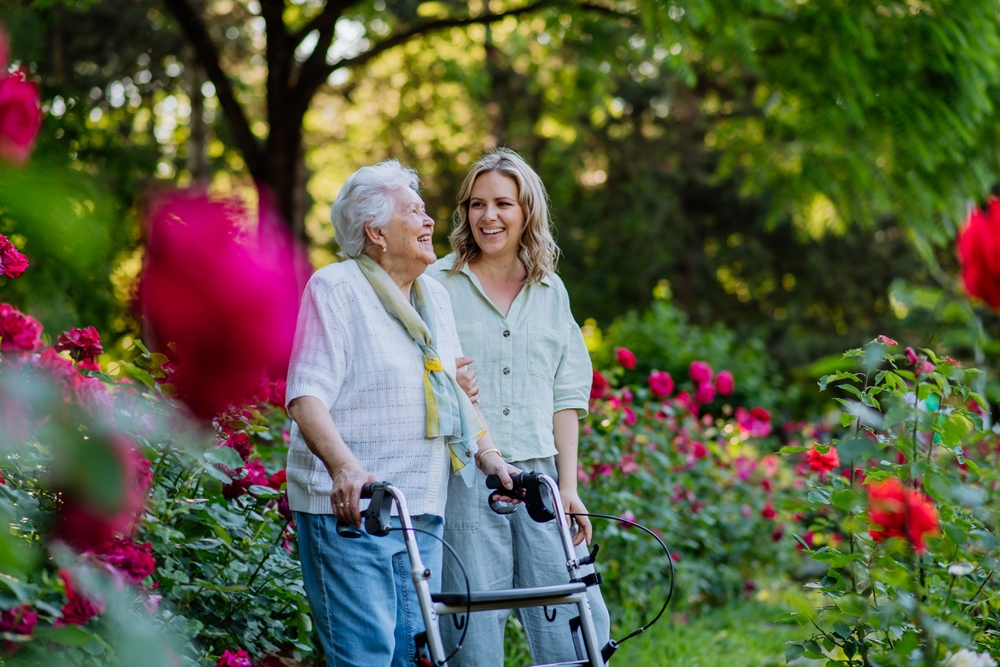
Navigating Health Declines in Aging Parents: How a Care Manager Can Help
As our parents age, overseeing their complicated and evolving medical needs often falls onto their adult children. Even parents who were once very independent and managed their own healthcare can begin to struggle as conditions like diabetes, cancer, Alzheimer's...

Better Senior Care Means Staying Out Of The Hospital
Hospital readmissions can be distressing, especially for seniors. They often signal a lack of comprehensive care and support, leading to a vicious cycle of health setbacks. Nearly 1 in 5 Medicare patients are readmitted to the hospital within 30 days of discharge,...
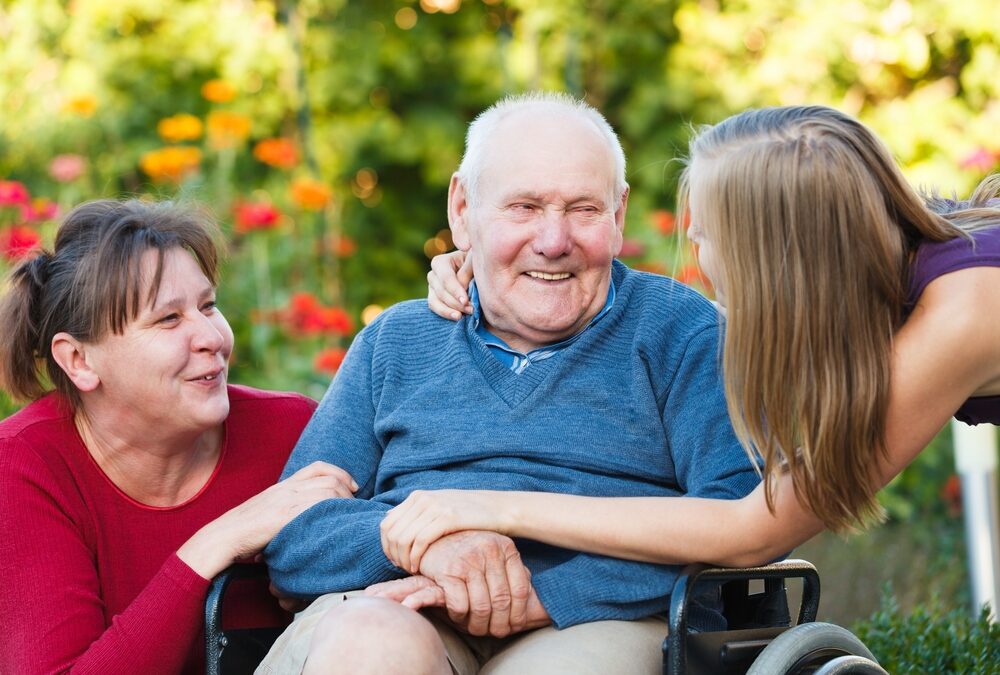
The Importance of a Reliable Care Manager
There is a vital role of advocating for those who live in senior communities. In long-term care settings such as nursing homes, assisted living facilities, and independent living communities, the presence of Care Managers and families as advocates and professional...
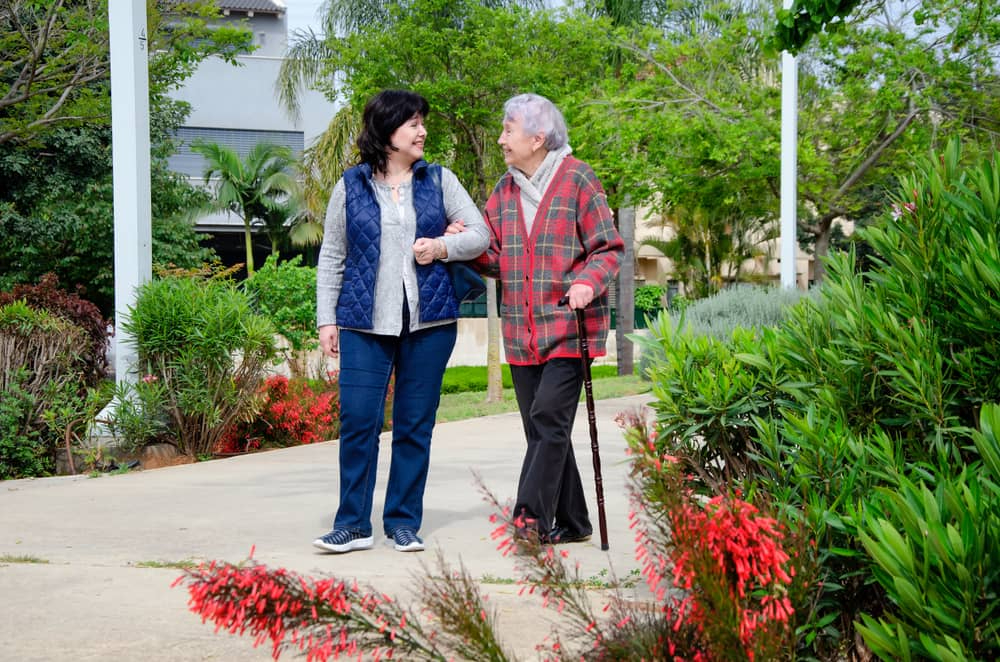
Traveling With Confidence As We Age – Unlocking The Power Of A Travel Companion
Greetings, fellow adventurers! No matter our age, there's a world of beauty and wonder awaiting us. As we journey through life, it's only natural to desire exploration, new experiences, and the joy of travel. In this blog post, we'll delve into the topic of traveling...
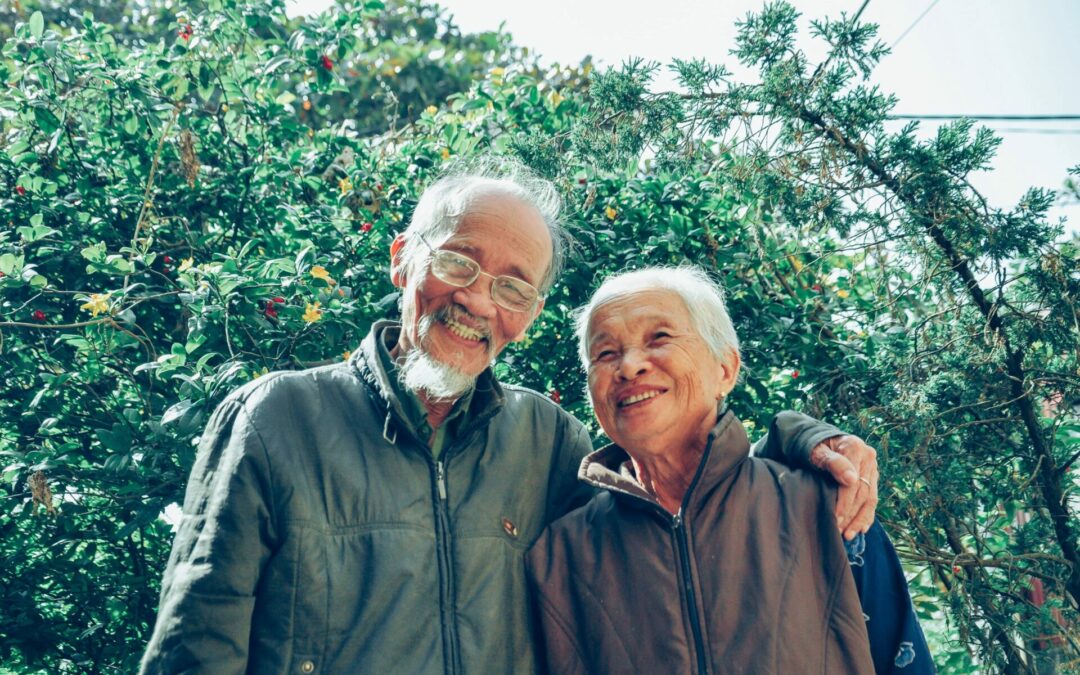
Aging Gracefully with Developmental Disabilities or a Mental Health Diagnosis
In addition to serving clients with chronic physical and cognitive disabilities associated with aging, Complete Care Strategies provides care management and home care services to older adults with mental health diagnoses and developmental disabilities. These two...

The Importance of Staying Hydrated as You Age
With the weather warming up across the country, it's an appropriate time to discuss the risks of dehydration. As we age, our bodies undergo many changes, including an increased risk of dehydration. Dehydration occurs when the body loses more fluids than it takes in,...

